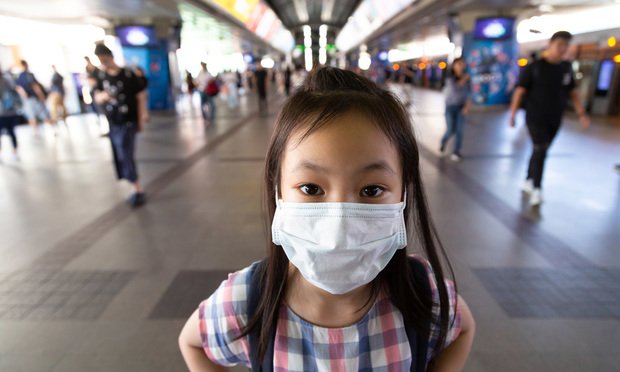 Metabiota's research shows that outbreaks like acute flaccid myelitis (a "polio-like" illness), Zika, Avian influenza and even seasonal influenza are not one-off scenarios but, in fact, illustrate distinct patterns. (Photo: Shutterstock)
Metabiota's research shows that outbreaks like acute flaccid myelitis (a "polio-like" illness), Zika, Avian influenza and even seasonal influenza are not one-off scenarios but, in fact, illustrate distinct patterns. (Photo: Shutterstock)
In 2018, there were close to 100 documented cases of disease outbreaks around the world, according to the World Health Organization. An epidemic outbreak puts countless lives at risk, but it's also a direct threat to many companies.
Such outbreaks often shake the stability of a country's economy. In Latin American and the Caribbean, for example, the Zika virus alone may end up costing up to $18 billion. The South Korean MERS outbreak in 2015 caused a 40% drop in tourism, costing the country an estimated loss of $900 million in revenue.
Recommended For You
Want to continue reading?
Become a Free PropertyCasualty360 Digital Reader
Your access to unlimited PropertyCasualty360 content isn’t changing.
Once you are an ALM digital member, you’ll receive:
- Breaking insurance news and analysis, on-site and via our newsletters and custom alerts
- Weekly Insurance Speak podcast featuring exclusive interviews with industry leaders
- Educational webcasts, white papers, and ebooks from industry thought leaders
- Critical converage of the employee benefits and financial advisory markets on our other ALM sites, BenefitsPRO and ThinkAdvisor
Already have an account? Sign In Now
© Touchpoint Markets, All Rights Reserved. Request academic re-use from www.copyright.com. All other uses, submit a request to [email protected]. For more inforrmation visit Asset & Logo Licensing.








